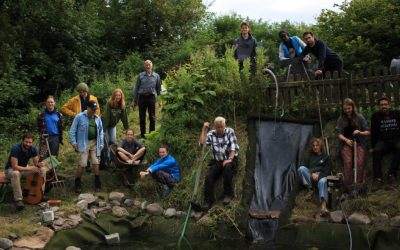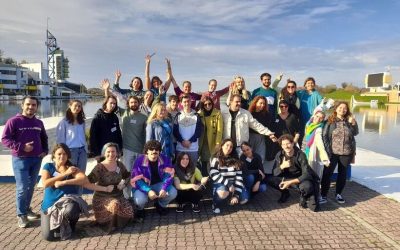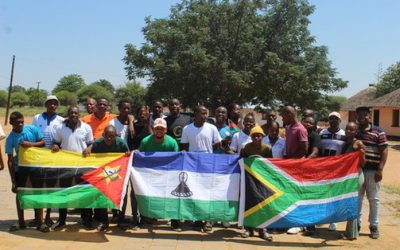African regional camp coordinator training
Harare, Zimbabwe
Grassroots change: Volunteering, leadership and emancipation through hands-on work and mentoring
“We have learnt that looking beyond personal private ambition is the essence of true leadership which can accomplish a change in our communities.”
“I know more about England, about America, than I do about Mozambique. We need to start to project ourselves into the world.” – participant from Nigeria
From 23-30 January 2022, Zimbabwe Workcamps Association (ZWA) hosted 27 current and future camp coordinators and group leaders from across Africa. The 8-day Camp Coordinator Training took place at Fambidzanai Permaculture Centre near Harare. It was the kick-off of the project Grassroots change: Volunteering, leadership and emancipation through hands-on work and mentoring, coordinated by SCI Catalunya.
Participants were 27 current and future camp coordinators and group leaders from 7 African countries, who were able to explore and deepen their understanding of their roles. Sessions covered topics including conflict resolution, understanding group dynamics, using nonviolent communication, and creating a safe space for participants. Participants engaged meaningfully in the learning process and embraced non formal education methods such as role play, dynamic activities, group presentations, and individual reflection.
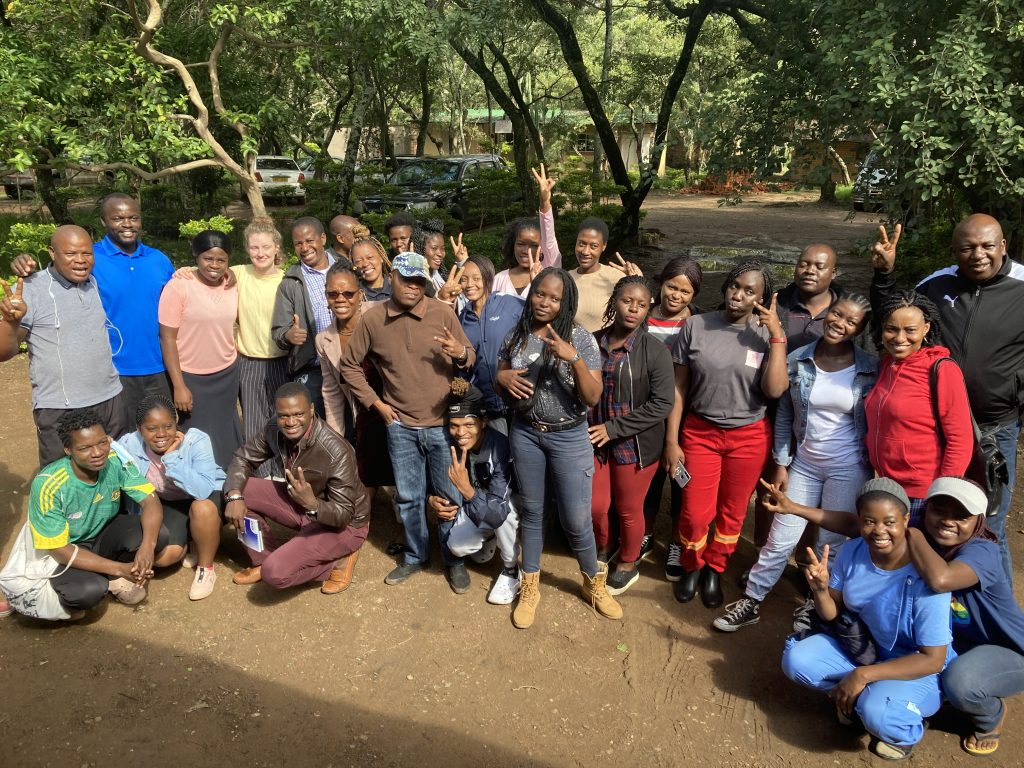
In addition, the training went into the three central themes of the Grassroots Action project: climate justice, gender, and decolonisation. Each was discussed in relation to the IVS movement and within the frame of African local contexts. Through engaging with their immediate surroundings, the group was able to absorb some of the principles of permaculture and agroecology. A lecture and tour from the centre’s director and farm manager helped to consolidate an understanding of the impact of climate change on Zimbabwe, where 85% of the economy is based on agriculture, and some of the solutions needed to alter its course. The north-south disparity in contribution to climate change versus effects felt was discussed. Participants were “very happy to learn about different herbs, organic fertilisers, fish farming and poultry projects” and many took knowledge home to implement in their local organisations.
A group of participants designed a role play to open up a discussion on decolonisation. The narrative was around lack of representation for African nations at UN level, which led to conversations about the positives and negatives of decolonising IVS. Clear conclusions were that there is a need for further south-south cooperation and exchange, that African organisations must work to avoid being victims of dependency syndrome, and that African organisations must be active players and not spectators in conversations and decisions on the international level. Some participants plan to implement workshops on decolonisation within their organisations.
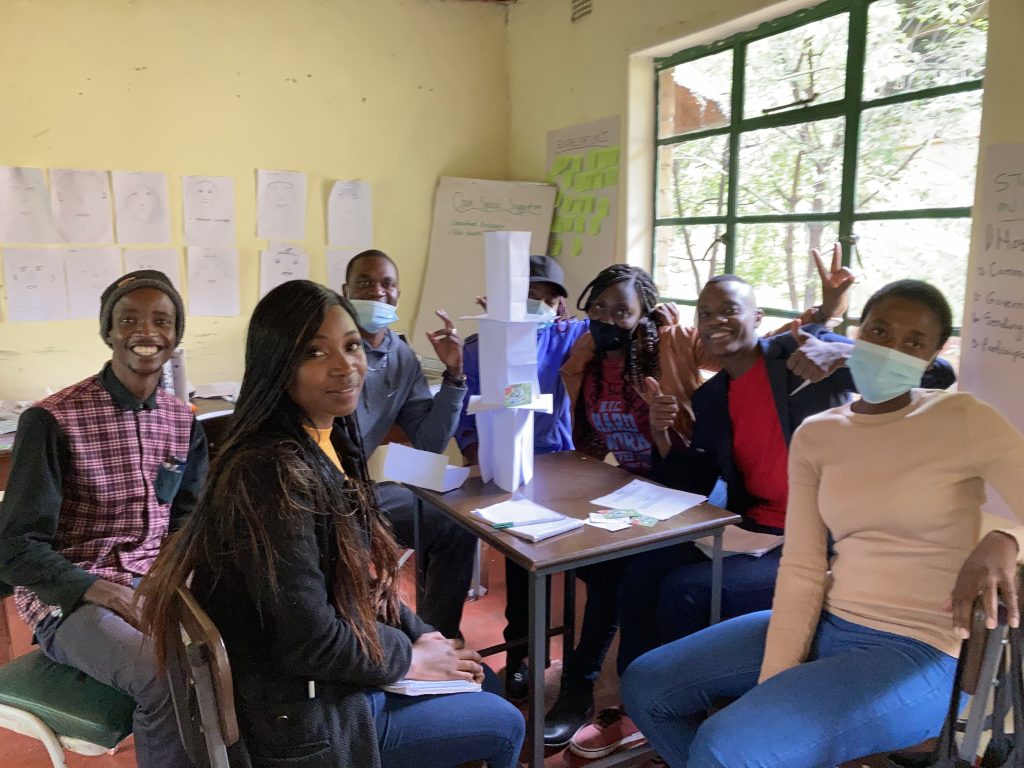
Finally, the new living toolkit on gender was shared and read closely by participants. They talked about the appropriateness of its contents for their specific local communities, highlighting the need for a sensitive approach when implementing its methods. The group talked through the challenges of creating a safe space for participants in all aspects of their identities, even when the wider context or culture of the hosting community may not be accepting of certain identities. The toolkit was received as a useful resource in tackling gender issues in voluntary projects and increasing inclusiveness, with an agreement that each organisation will continue to add useful local, contextualised information and resources.
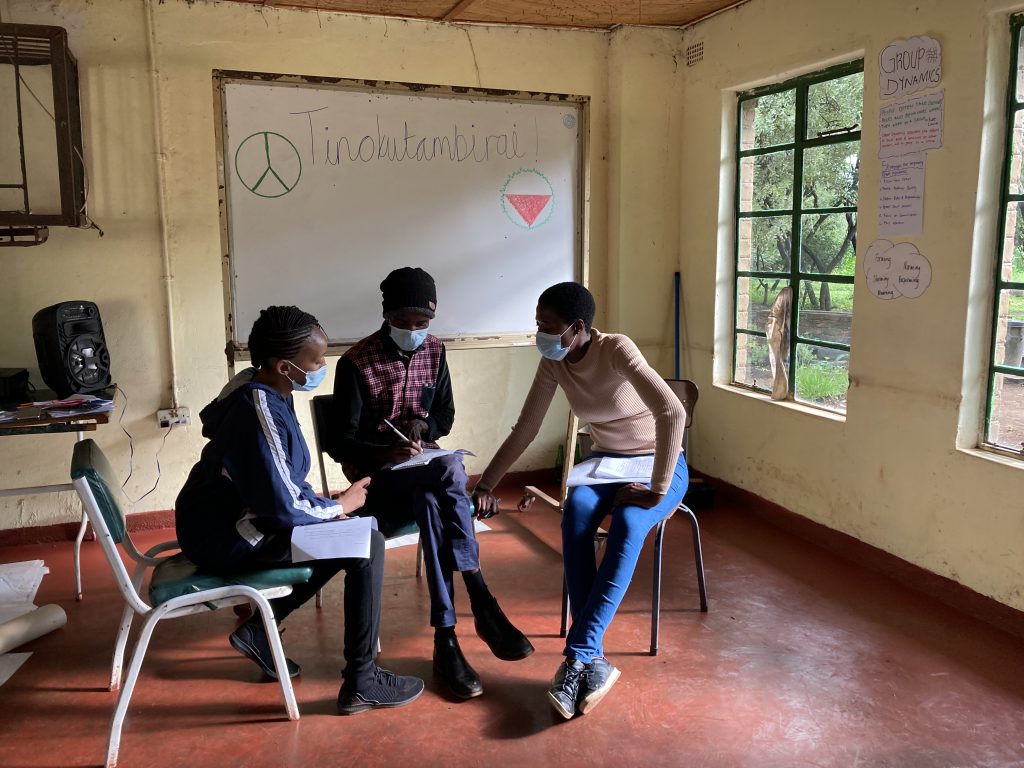
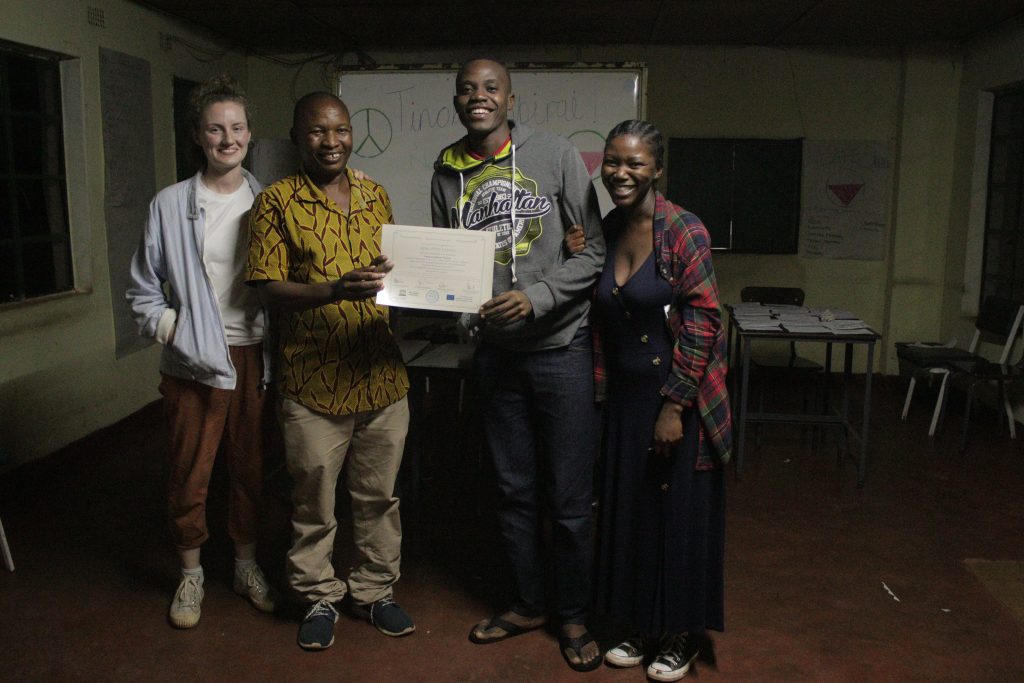
In all, the group gained a comprehensive training for successfully leading a team on a volunteering project, whilst also becoming inspired on themes which can and will be woven into their current projects, future projects, and their organisations more broadly.
“A very informative, productive programme loaded with a variety of events and activities. It has addressed key elements of project planning, management and implementation.”
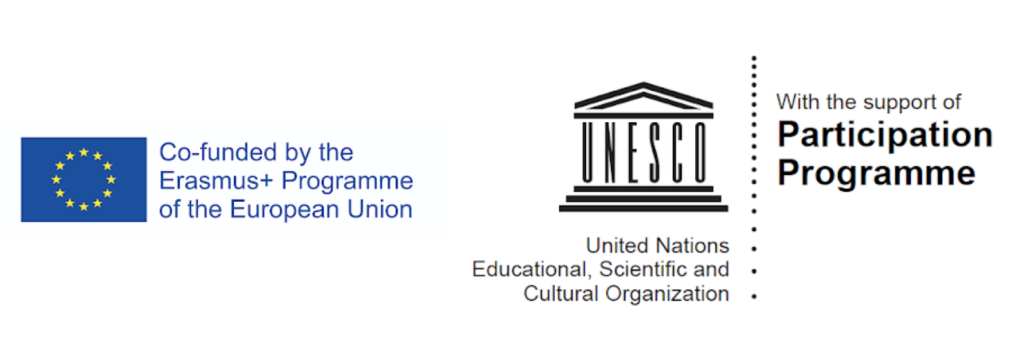
Thank you to Kerry Hargadon and Tulk Munny for the article and featured pictures.
Explore more news
ESC Workcamp Coordination from June to September 2024 in Germany!
Would you like to fill your summer with meaning and unique encounters? Then apply now and coordinate three workcamps from June to September in Germany! 🌞 With support by the European Solidarity Fund (ESC) SCI Germany is able to offer two European volunteers the opportunity to coordinate three workcamps in Germany with full accommodation and pocket money included! 🤝 The workcamps you are going to...
Call for Participants – Training Course on well-being in Poland
Call for youth workers, volunteers and NGO activists living in Bulgaria , Germany , Hungary , Ireland , Italy , North Macedonia , Poland , Portugal , Slovenia and Spain! SCI Poland has a great opportunity for you to join a free 7-day training course! This training will help you master your emotional and social intelligence so that you can increase your well-being and plan a better, happier life!...
Southern Africa Workcamps Cooperation
The Southern Africa Workcamps Cooperation was held from the 29th February to the 3rd March 2024 in Botswana, under the theme ‘Promotion of South-South Cooperation’ and hosted by the Botswana Workcamps Association In an endeavor to enhance self reliance, collaboration and the attainment of internationally agreed development goals (SDGs), Southern African Countries (Botswana, South Africa,...

